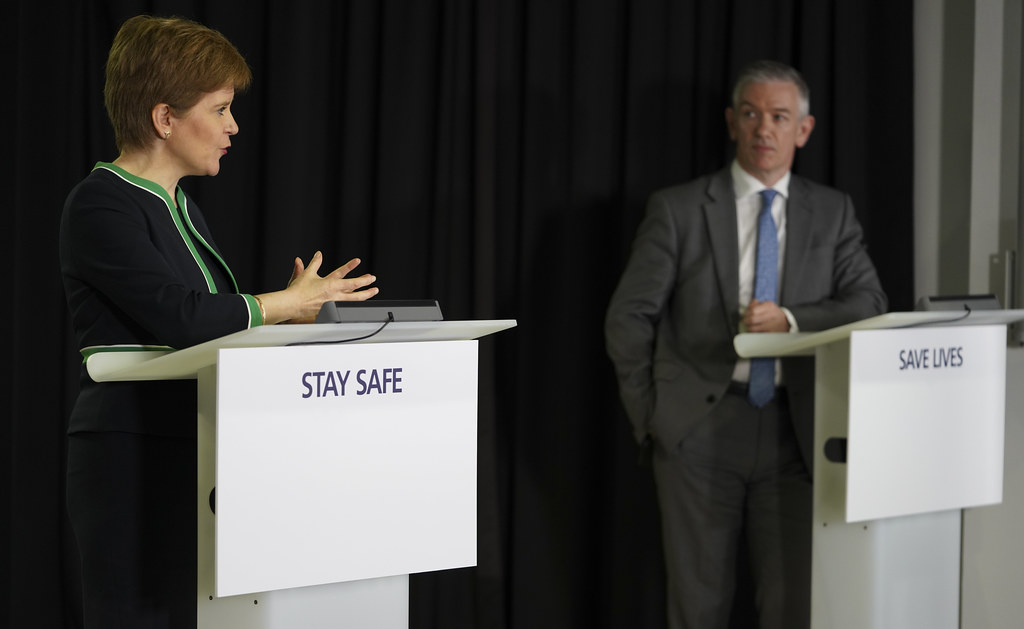Over a week ago, students were hit with yet another wave of COVID-related restrictions, with universities across Scotland placing students under what was essentially house arrest for a period of two days. Those found to be going to pubs, bars, restaurants, or even fraternising in households outside of their own, faced suspension from university.
Yes, it is unquestionable, COVID-19 is spreading rapidly amongst students, with a significant number of our own student population having already been forced into self-isolation. This is not remotely surprising, or rather, it should not be. The nature of this beast, we have known for quite some time, is fast-spreading, only helped by close contact with the infected. It differentiates between no one.
However, what remains astonishing is that, barely a month ago, our own inboxes were being inundated with emails from university, promising that a return to this academic year was “a cause for celebration”, as though they had not in fact realised that bringing 30,000 young, sociable students into a university campus would become a breeding ground for COVID-19.
Indeed, how could they expect students to abide by COVID regulations when the very people leading this country have shown their own lapses in judgement when it comes to following the rules? (Here’s looking at you, Margaret!)
For a student, the above seems all too unlikely. Indeed, having planned for semester one since March, there is no way the university could not have realised that within a few days of the beginning of the academic year, infections would spike, and students would be forced into isolation, crippling our university experience more than a ‘hybrid’ mixture of online teaching ever could. So, why would the university allow, in fact, encourage, students to return to university at all?
There is an undeniable feeling amongst students that we were, in essence, brought back under false pretences. Instead of being direct, and admitting that perhaps a move to complete online teaching while students remained at home would be the safest approach for all, the university made promises it was not entitled to make; it built student villages pledging ‘safe’ socialisation and guaranteed the highest amount of face-to-face teaching possible.
The reality could not be more different. For many, ‘hybrid’ teaching amounts to a single in-person tutorial every two weeks. Furthermore, students living in university halls of residence that are then forced into self-isolation when a COVID outbreak hits are restricted to a single hot meal a day. The consolation prize for this? A one-off £50 voucher.
The current reality of university life is made an all the more contentious topic by the fact that students are still at this moment obliged to hand over full university fees (coming to a total of £9250 for British non-Scots). This is in spite of the fact that the quality and quantity of our contact hours is nowhere near where it was this time last year. Not only that, but we face restricted access to campus facilities that once would have been considered essential to getting a full university experience, both in terms of our education and our general wellbeing.
Upon being questioned on whether students should be entitled to some sort of refund, Robert Halfon, the Tory chair of the Education Select Committee, acknowledged that “[i]f you buy a product and you only get half of it or a quarter of it, you are entitled to get your money back”.
Admittedly, even partially-refunding all paying students is not in any way easy or even feasible, at least at this stage. We can appreciate that if push came to shove, to keep the university running, even in online form, is preferable to it having to close its doors completely. This, inevitably, requires money from somewhere, even in a situation such as this. And yet, at the same time, universities cannot keep offering half a book at full price and expect students to smile.
Image: Scottish Government, via Flickr

